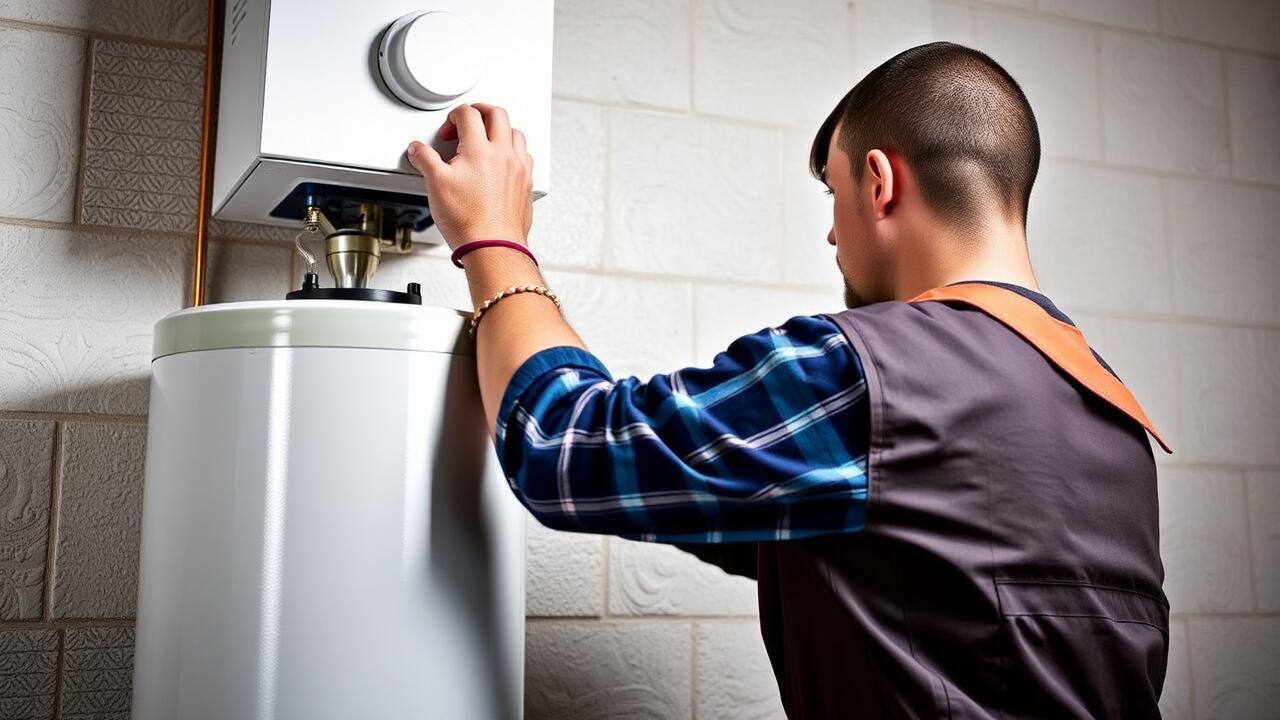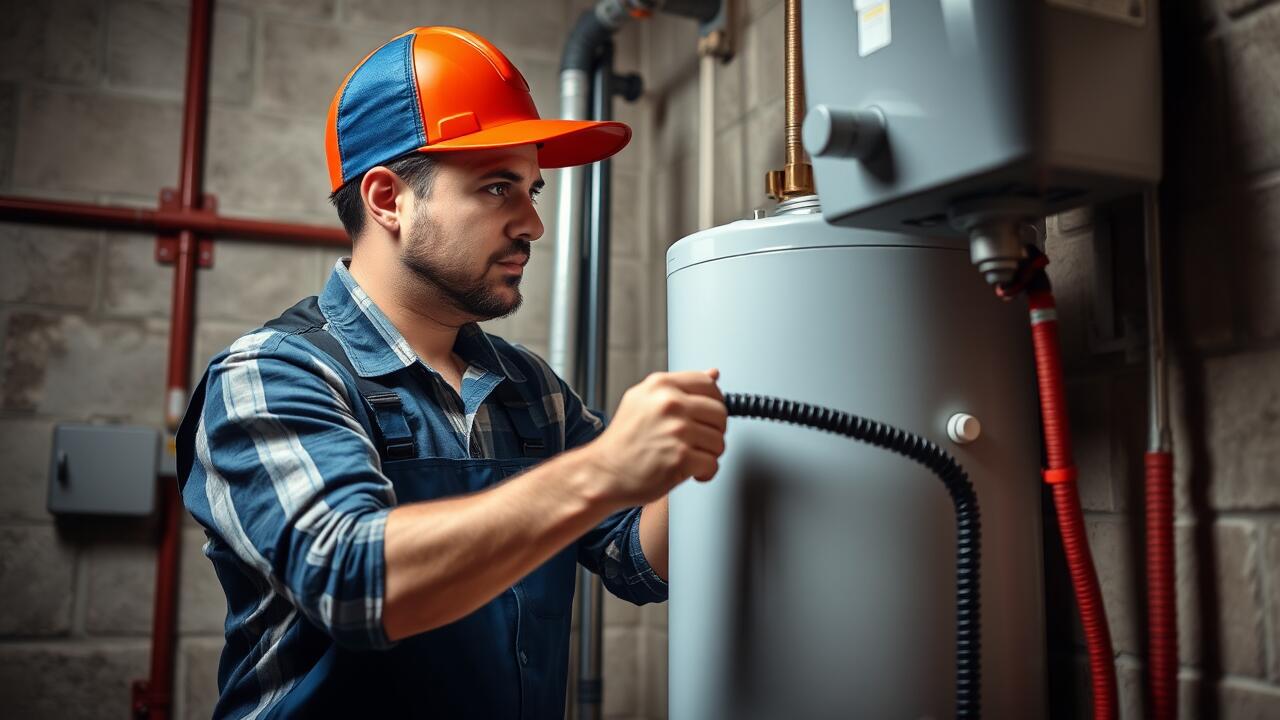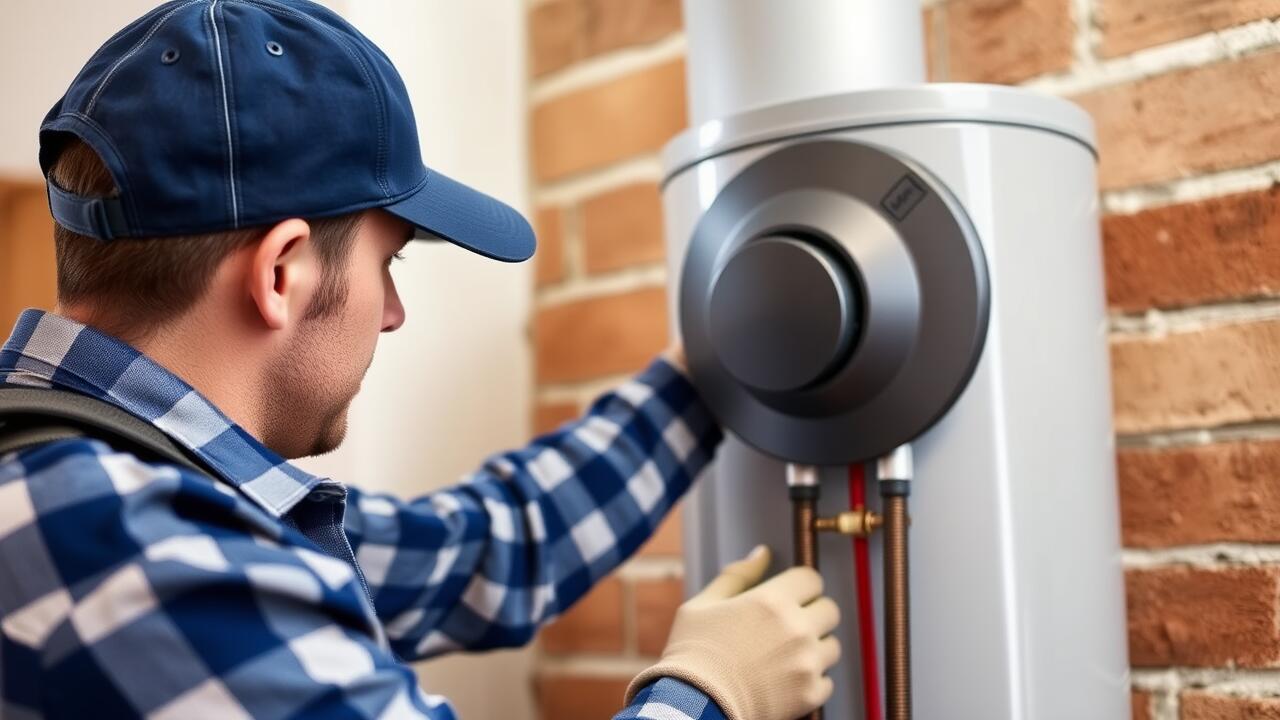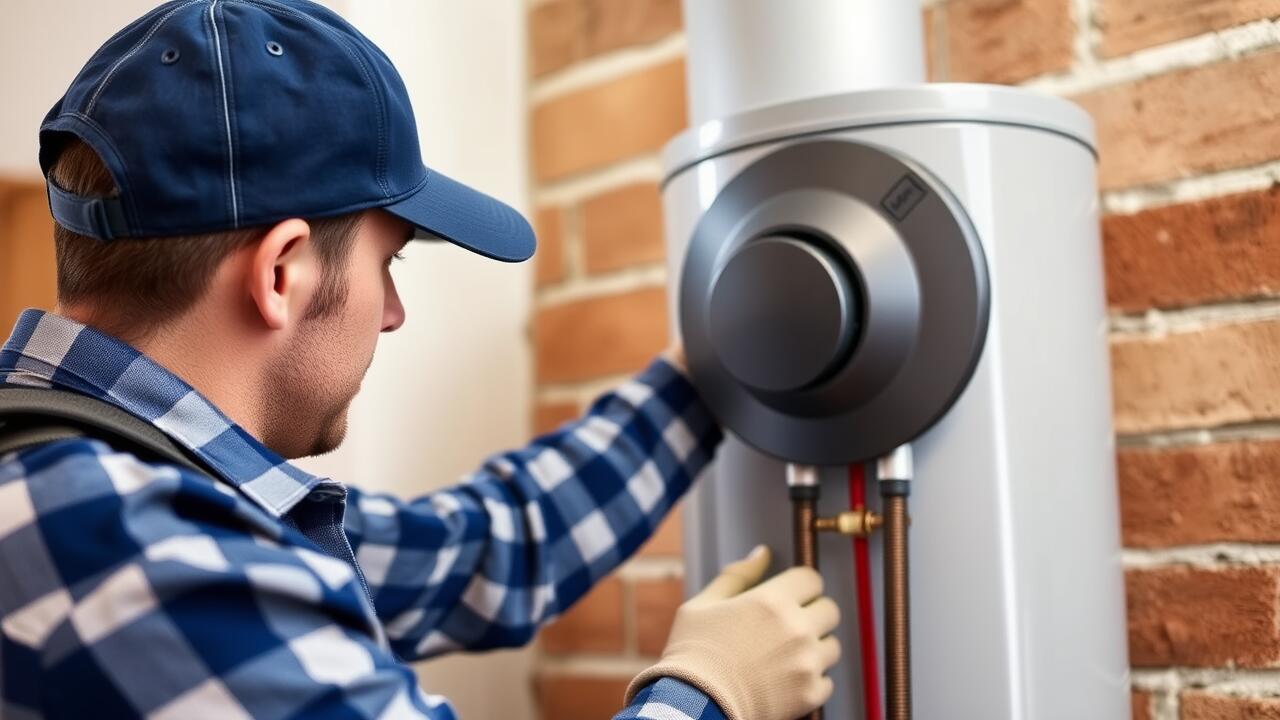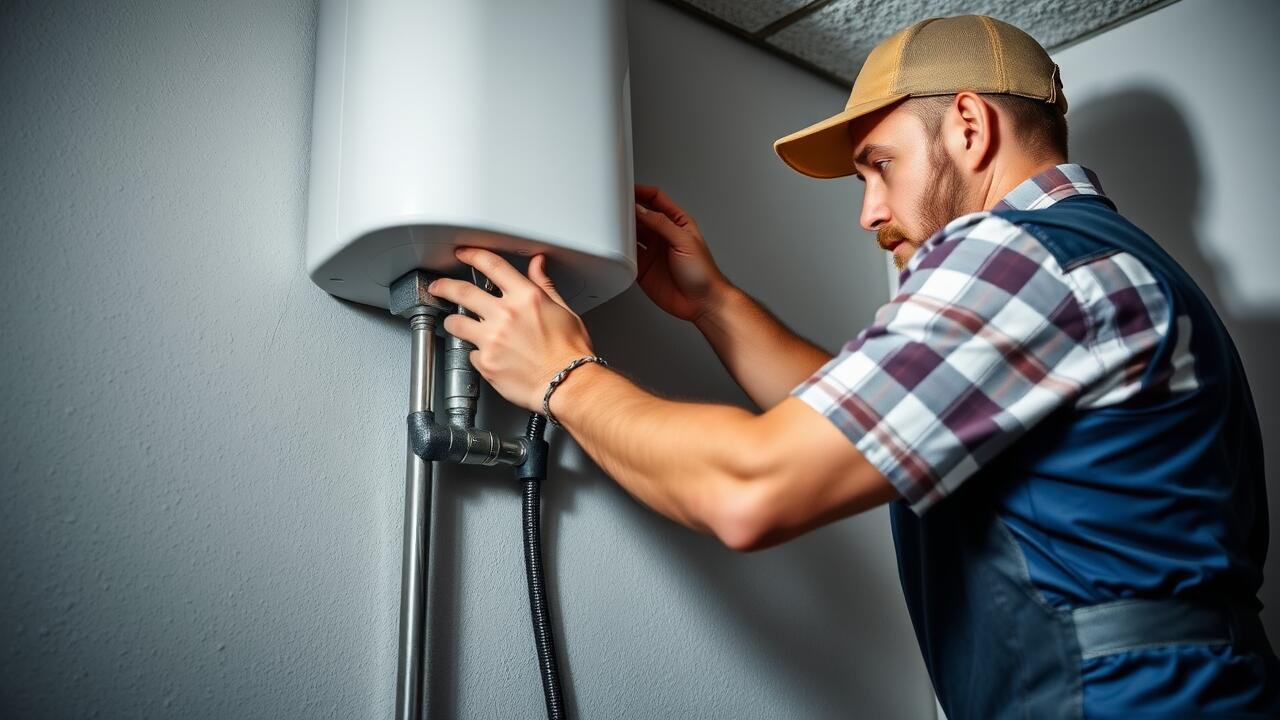
Comparison of DIY vs. Professional Installation
Many homeowners consider DIY Water heater installation in order to save on labor costs. This approach can be tempting, especially for those with basic plumbing skills. However, it’s essential to understand the risks involved, such as potential code violations or improper connections, which can lead to future issues. Without proper experience, a DIY installation could result in leaks, inefficiencies, or even safety hazards.
On the other hand, hiring a professional for water heater installation in ensures that the job is done correctly and up to local codes. Professionals are trained to handle various complexities that may arise during installation, such as ensuring proper ventilation or managing electrical components. Though this option typically incurs a higher upfront cost, it offers peace of mind knowing that the installation is performed by someone with the expertise to mitigate risks and provide warranties or guarantees on their work.
Cost-Benefit Analysis
When considering water heater installation in a home, analyzing the cost versus benefits becomes crucial. Professional installation typically incurs higher initial expenses, but it offers peace of mind. Expert technicians ensure that the job is completed correctly, minimizing the risk of future repairs. DIY installations may seem cost-effective upfront, but they often lead to complications. These can include improper fittings or failures in compliance with local codes.
Another aspect to consider is the warranty often associated with professionally installed units. Many manufacturers provide extended warranties only when their products are installed by certified professionals. This added security can offset potential costs from future failures. Over time, a professional installation can save homeowners from additional expenses resulting from poor installation. Investing in professional services can ultimately lead to a longer-lasting and more efficient water heating system.
Necessary Qualifications for Installers
When considering water heater installation in homes, the qualifications of the installer play a critical role in ensuring a safe and efficient setup. Installers should possess a thorough understanding of plumbing and electrical systems, as these systems often intersect during installation. Familiarity with local building codes and regulations is essential, as adherence to these standards can prevent potential legal issues or safety hazards.
In many situations, it is advisable for installers to have relevant certifications or licenses. These qualifications not only demonstrate their expertise but also provide reassurance to homeowners regarding the professionalism of the service. Insurance coverage is equally important, as it protects both the installer and the homeowner from potential liabilities that may arise during the installation process. Water heater installation in residential settings demands a combination of skill, knowledge, and accountability to ensure the job is completed safely and effectively.
Licensing and Insurance Requirements
When it comes to water heater installation in any locality, understanding the licensing and insurance requirements is critical. Most states require installers to have specific licenses that demonstrate their qualifications and understanding of plumbing and electrical codes. These regulations aim to ensure safety and compliance with local standards. Homeowners should verify that their chosen professionals possess the necessary certifications before beginning any installation project.
Insurance is another vital consideration. Installers should carry liability insurance to protect against potential accidents or damages that may occur during the installation process. This coverage provides peace of mind for homeowners, ensuring that any unforeseen issues are addressed without financial burden. Checking for both licensing and insurance can help prevent headaches and additional costs down the line.
Potential Additional Services
When considering water heater installation in residential properties, many homeowners may find it beneficial to explore additional services. These can include improvements to existing plumbing systems, ensuring compatibility with newer devices, or even upgrading to energy-efficient models. Such enhancements can minimize long-term energy costs while increasing the overall efficiency of the home’s hot water supply.
Homeowners should also think about drainage and disposal options during water heater installation in order to properly handle any waste materials. This includes removing the old unit and disposing of it in an environmentally friendly manner. Professional installers often offer these services, which can save time and effort for the homeowner, while also ensuring compliance with local regulations.
Drainage and Disposal Options
When considering water heater installation in residential settings, proper drainage and disposal of the old unit is a crucial factor. Homeowners need to ensure that they comply with local regulations regarding the disposal of appliances that contain hazardous materials. Many municipalities offer specific guidelines for disposal, which may involve dropping off the old unit at a designated facility or scheduling a pickup service through the waste management department. Awareness of these options helps in planning ahead and avoiding any last-minute complications.
Additionally, some professional installation services offer to handle the drainage and disposal as part of their service package. This not only simplifies the process for the homeowner but also ensures that the old water heater is disposed of safely and responsibly. Professionals are typically well-versed in the local regulations and can provide valuable advice on what methods to use for disposal. This added convenience can be a significant consideration when deciding who should perform the installation.
FAQS
What is the average labor cost to install a 40-gallon hot water heater?
The average labor cost for installing a 40-gallon hot water heater typically ranges from $300 to $600, depending on factors like the complexity of the installation and local labor rates.
Are there additional costs associated with hot water heater installation?
Yes, additional costs may include permits, disposal of the old unit, plumbing modifications, and any necessary upgrades to electrical or gas lines.
Can I install a hot water heater myself to save on labor costs?
While DIY installation can save on labor costs, it's crucial to have the necessary skills and knowledge, as improper installation can lead to safety hazards and potential voiding of warranties.
What qualifications should a professional installer have?
A professional installer should have relevant experience, proper licensing, and insurance coverage to ensure that the installation meets local codes and safety standards.
What are the common drainage and disposal options for old hot water heaters?
Common disposal options for old hot water heaters include recycling programs, local waste management services, or disposal through the installation company, which may charge a fee.
